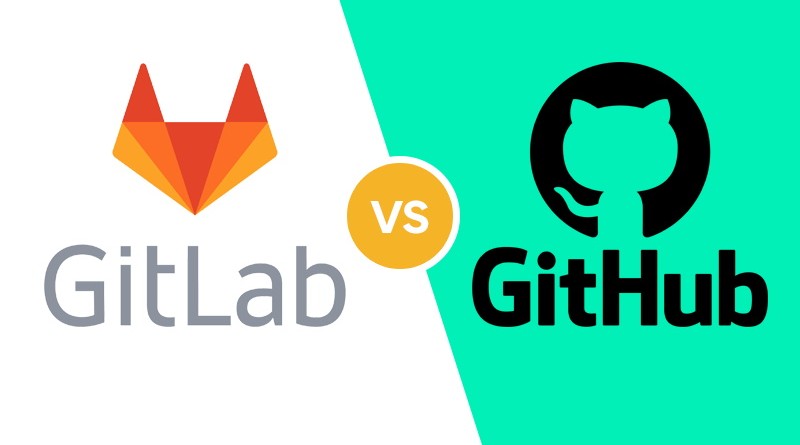
Freddy Shema
DevOps Engineer

🚀GitHub vs GitLab: A Comparison of Leading Code Hosting Platforms
GitHub and GitLab are two of the most widely used Git repository platforms today. They both support version control, collaboration tools, and CI/CD integration, but they differ in several areas including flexibility, hosting, and built-in tools.
📌 Key Differences Between GitHub and GitLab
| Feature | GitHub | GitLab |
|---|---|---|
| Ownership | Owned by Microsoft | Open-core, developed by GitLab Inc. |
| CI/CD | GitHub Actions (powerful, but needs setup) | Built-in and tightly integrated |
| Self-Hosting | GitHub Enterprise Server (not open-source) | Open-source Community Edition available |
| Community | Largest open-source ecosystem | Strong enterprise focus |
| Project Management | Basic boards and issues | Advanced with epics, roadmaps |
7. 💵 Pricing
Both platforms offer free tiers and paid plans, but GitLab tends to bundle more DevOps tools in its base offering, while GitHub may require third-party integrations for some features.
🚀 Which One Should You Use?
- Use GitHub if you want the widest community support and easier open-source contribution.
- Use GitLab if you need an all-in-one DevOps platform with better built-in CI/CD and self-hosting options.
🔐 Security and DevOps Integration
Both platforms offer integrated security features like code scanning, secrets detection, and role-based access control, but GitLab's integration into the DevSecOps pipeline is broader and more seamless out-of-the-box.
🧠 Conclusion
Choose GitHub if:
You want to contribute to or host open-source projects, or if your team is already integrated into the Microsoft ecosystem.
Choose GitLab if:
You need an all-in-one DevOps platform, better CI/CD out-of-the-box, or prefer self-hosting and open-source flexibility.